IN THEIR OWN WORDS: 13 startups explain why they failed
Why do startups fail? A CB Insights study points to a lack of market need, running out of cash, and a bad management team as the main causes. But every story is different...

Rdio, streaming music: "Rdio, I guess, made the mistake of trying to be sustainable too early. That classic startup mistake of worrying about being profitable and having a business that makes any sense before you’ve reached this astronomical growth curve. Which is partly the trap of the business model itself — because of the content licensing deals, the margins for the business were so incredibly thin. No matter what we did, the labels made the lion’s share of the revenue. You have to make it up with extreme volume, which is why you see Spotify going after every human being in the world" — Head of Design Wilson Miner
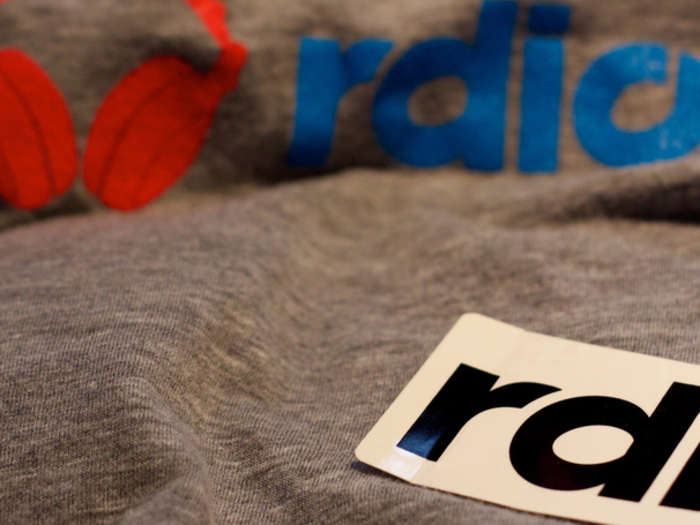
Sidecar, ride-sharing: "We were unable to compete against Uber, a company that raised more capital than any other in history and is infamous for its anti-competitive behavior. The legacy of Sidecar is that we out-innovated Uber but still failed to win the market. We failed – for the most part – because Uber is willing to win at any cost and they have practically limitless capital to do it." - Sunil Paul, cofounder and CEO

Secret, anonymous communications: "Unfortunately, Secret does not represent the vision I had when starting the company, so I believe it’s the right decision for myself, our investors and our team...I believe in honest, open communication and creative expression, and anonymity is a great device to achieve it. But it’s also the ultimate double-edged sword, which must be wielded with great respect and care." - CEO David Byttow
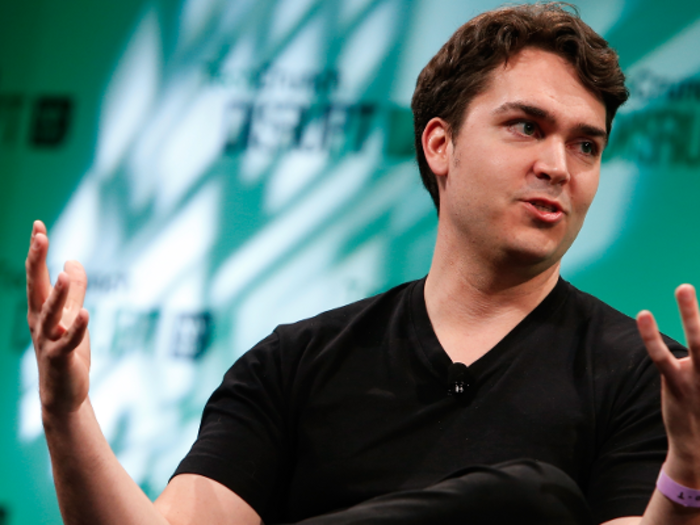
Zirtual, a virtual assistant: "So what went wrong? Short answer: burn. Burn is that tricky thing that isn’t discussed much in the Silicon Valley community because access to capital, in good times, seems so easy." - Founder Kate Donovan
Kato, workplace messaging: "In short — Slack ate the world and we failed to gain traction." — CEO Andrei Soroker
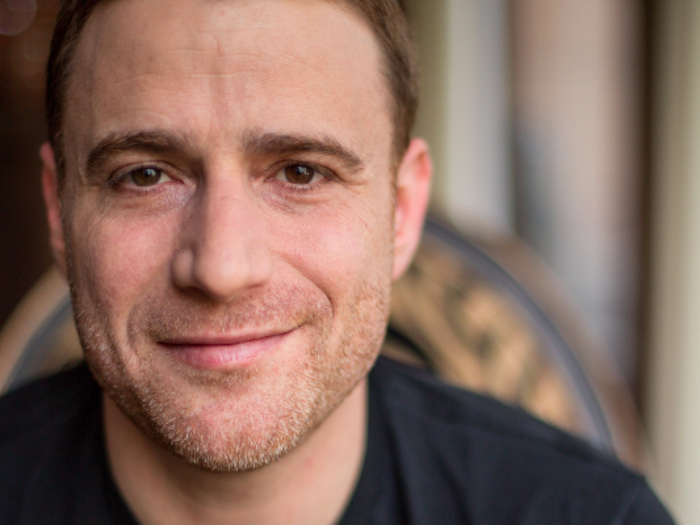
Wattage, customizable electronics: "I suppose our failure can be summed up quite easily: An inability to show traction. We were attempting to create an entirely new market for mass-customized electronics, which we originally viewed as something positive (as we felt we could create and own this new market). But from a fundraising standpoint, it was the opposite. Why would investors put large sums of money into a company going after an unproven market? (Hint: they don’t.)" - Cofounder and CEO Jeremy Bell

Nebula, cloud computing: "We are incredibly proud of the role we had in establishing Nebula as the leading enterprise cloud computing platform. At the same time, we are deeply disappointed that the market will likely take another several years to mature. As a venture-backed start up, we did not have the resources to wait." - Nebula management
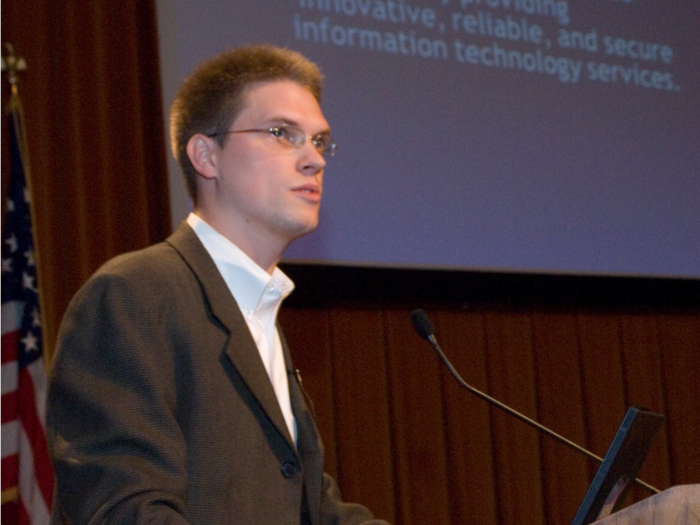
Grooveshark, streaming music: "We started out nearly ten years ago with the goal of helping fans share and discover music. But despite best of intentions, we made very serious mistakes. We failed to secure licenses from rights holders for the vast amount of music on the service. That was wrong. We apologize. Without reservation." - Grooveshark management
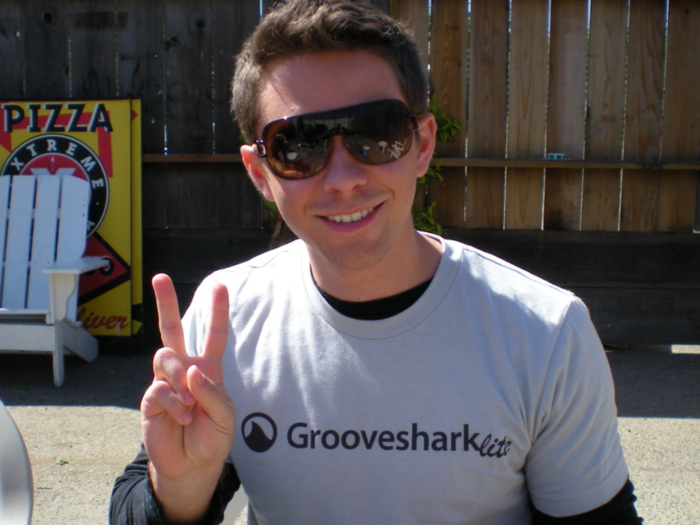
Campus, co-living spaces: "Despite continued attempts to alter the company’s current business model and explore alternative ones, we were unable to make Campus into an economically viable business." — Founder and CEO Tom Currier
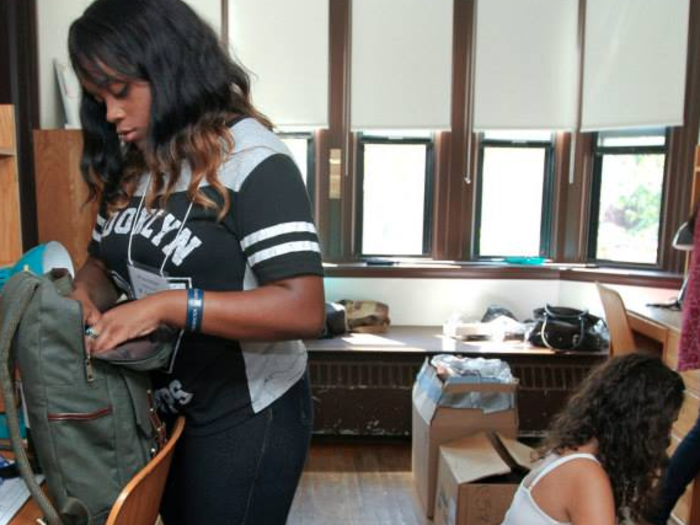
Flytenow, airplane ride-sharing: "The current state of the law is extremely deferential to regulatory actions, at the expense of innovation. The Court relied on that regulatory deference, and the result is less choice for consumers, and less innovation in general aviation. Unfortunately, we are left with no choice but to shut down Flytenow." - Flytenow management

Pixable, photo app and content site: "The things the Pixable team accomplished are remarkable any way you shake it. We achieved what we set out to do, even if the final result didn’t end up with us becoming the next Buzzfeed. We never wanted to be the next Buzzfeed. We always wanted to be who we were, Pixable. And it was working. Unfortunately, circumstances ... made it difficult to raise money and continue on. So that’s that, we’re toast. But we’re going out on fire." - Chris Anderson, VP of Content

Zen99, tax management for freelancers: "The best acquisition method I saw was tapping into an existing network of people who had filed 1099s: like Intuit’s hundreds of millions of tax returns, many with 1099 income. Unfortunately, Intuit released an identical competing product to us. It’s not ideal when your best user acquisition strategy is partnering with a company who has a competing product." — Tristan Zier, CEO and cofounder
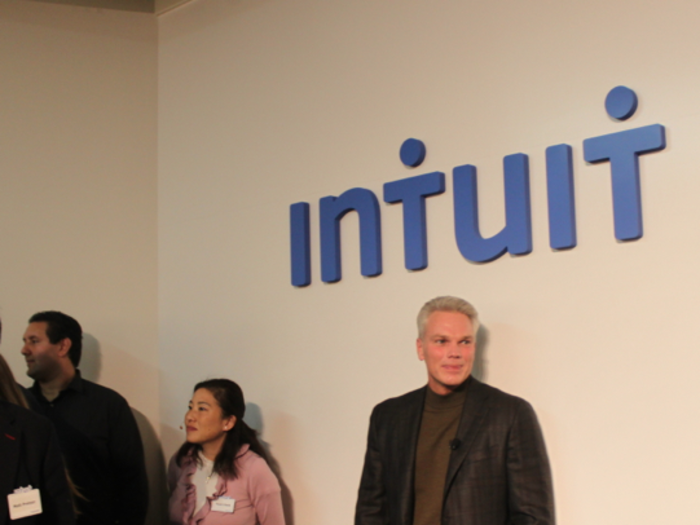
Patterbuzz, content marketplace: "Everything was going good. But we always had one issue. We never had enough money in our bank. And this became the cause of our death. We ran out of money." — Amit Goel, founder

Popular Right Now
Advertisement